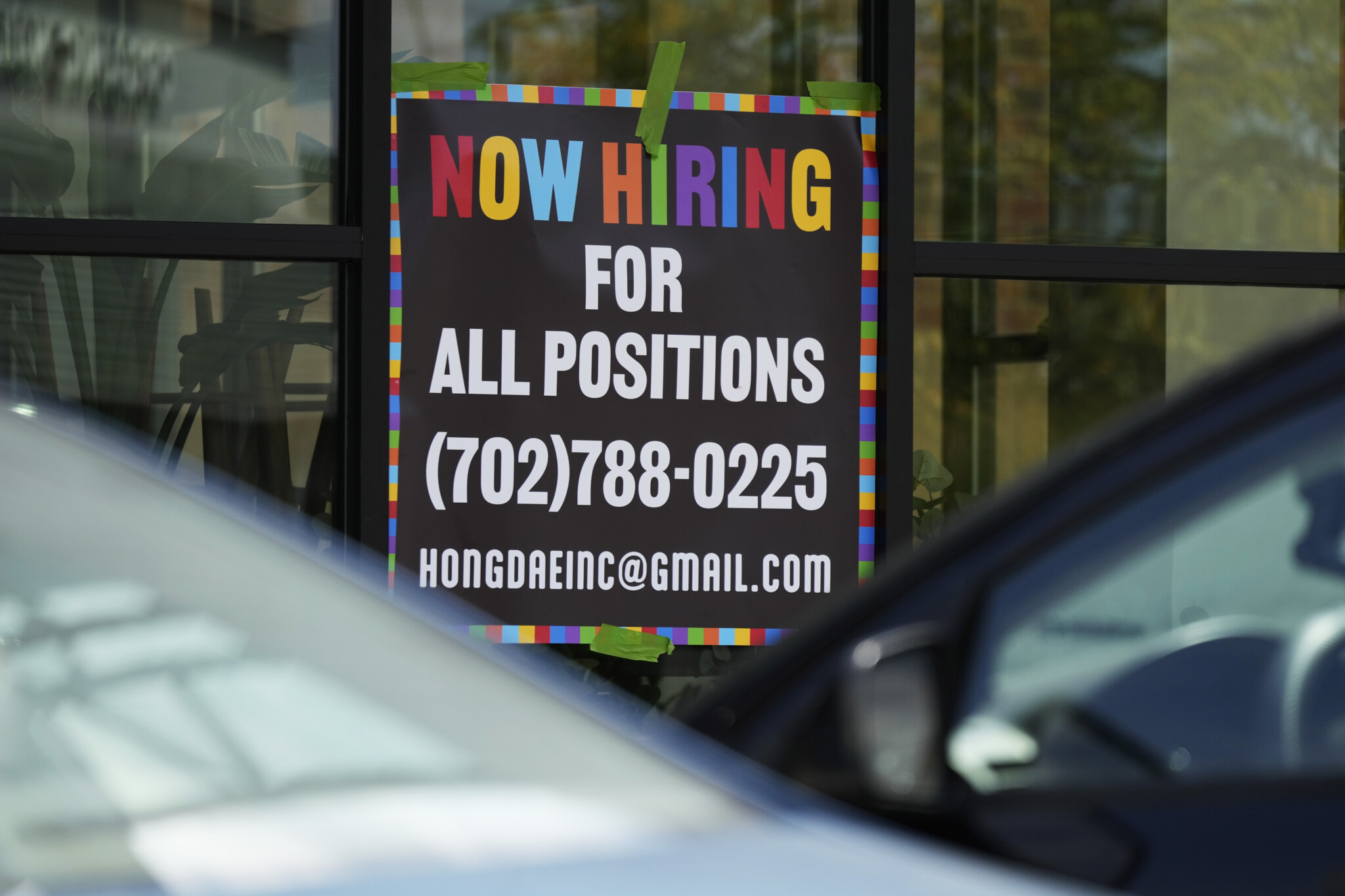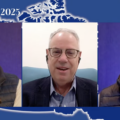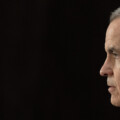The U.S. job market, though weakening, is currently far from weak. Alas, the same can’t be said for Canada’s job market, at least outside the public space. Nonfarm payrolls plunged 47,300 in June, erasing two prior monthly gains. The yearly rate of 0.6 percent (110,364) was the weakest outside the pandemic since 2015.
If not for a thriving public sector (health care, education, and public administration), which has ramped up 3.3 percent (162,718) in the past year, overall employment would have contracted by 0.4 percent (-52,354). Going back 22 years, the only time private-sector employment turned negative was during the pandemic, the Great Recession, and the tech bust.
True, the timelier household survey of employment still shows an annual net increase of 1.7 percent to July, but that’s largely due to a hiring boom (4.8 percent) in the public sector. Private-paid employment is up an unremarkable 0.6 percent, the weakest pace outside the pandemic since 2016.
And lest we forget, this is in the context of sparkling 2.7 percent growth in the labour force. In other words, it’s not a supply problem—Canada’s private sector employers are just not in a hiring mood.
Businesses are seeking to fill fewer and fewer spots. Job vacancies have fallen 191,000 in the past year to 554,000 in June. After peaking at 5.7 percent, the job vacancy rate has returned to pre-pandemic levels of 3.1 percent. The rate for retailers (2.6 percent) and hotels/restaurants (4.4 percent) is below 2019 levels, implying less need to fill positions with temporary foreign workers.
Even the construction sector has normalized, though health care remains chronically in short supply. With more than two unemployed persons available for every vacancy, the labour market is looser today than in 2019, a fact that won’t be lost on the Bank of Canada.
Which industries are pulling back? Retailers, hotels restaurants, and manufacturers have slashed staff in the past year, and even construction is starting to pull in its sails. Provincially, Newfoundland and Labrador (-1.0 percent) is struggling, with Manitoba not far behind (-0.4 percent). On the plus side, mighty P.E.I. (2.3 percent) leads the nation in job growth, while Alberta, Saskatchewan, and Nova Scotia have performed reasonably well with gains of more than 1 percent in the past year.
With Canadian businesses expected to remain cautious for a while, job seekers may need to wait until next year before prospects brighten. Make no mistake, as immigration slows, job seekers will face less competition. But what they really need are policies aimed at supporting business investment, global competitiveness, and economic growth outside the public sector.
This article was originally published at BMO.








